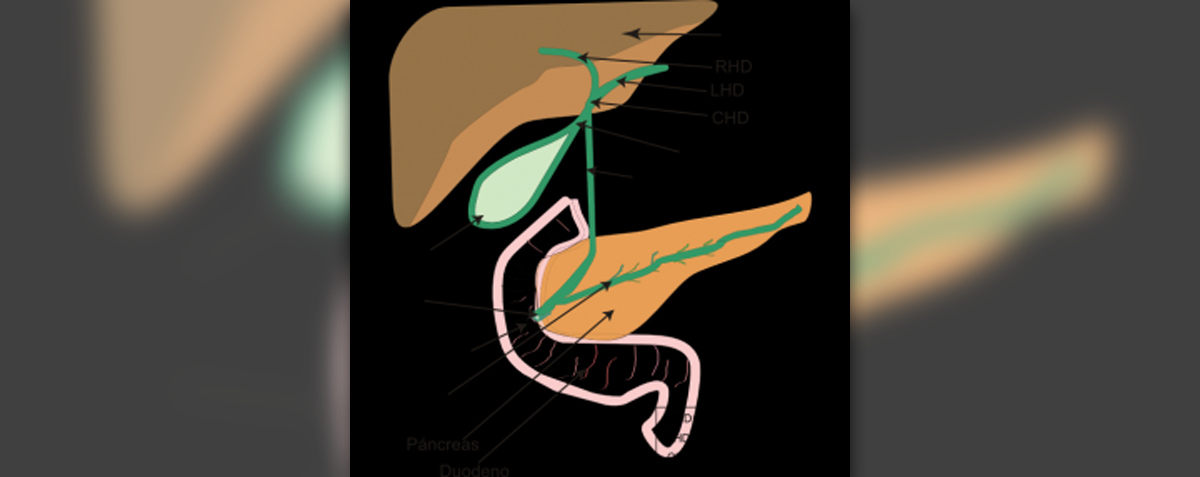
Biliary colic is pain which occurs due to irritation of the peritoneum caused by inflammation of the gallbladder.
The gallbladder is a tiny little sac located below the liver. Its function is to collect and store bile, a substance produced by the liver. This organ can get inflamed and this is typically accompanied by severe pain in the right upper abdominal region. This pain is known as biliary colic. The pain in biliary colic can be located in one area or it may radiate towards the right shoulder blade. In majority of cases inflammation of the gallbladder and subsequent biliary colic is caused by gallstones. However, gallstones are not always involved in process of gallbladder inflammation.
Biliary Colic and Additional Symptoms
Inflammation of the gallbladder is also known as cholecystitis. Cholecystitis is always accompanied by biliary colic and it predominantly affects people who are suffering from gallbladder stones, women taking birth control pills, pregnant women and women who are taking estrogen replacement therapy. Furthermore, it is also associated with obesity, older age and it may be hereditary.
Biliary colic is not the only symptom of cholecystitis. Patients additionally complain about feeling of pressure or heaviness in the upper abdomen, nausea and vomiting.
Diagnosing Biliary Colic
It is essential for a person who has experienced any of the previously mentioned symptoms to consult a doctor as soon as possible. The doctor will perform physical examination and ultrasound of the abdomen. The ultrasound will confirm inflammation of the gallbladder, the presence or absence of gallbladder stones and will definitely help in setting of the diagnosis.
Treatment for Biliary Colic
The very attack of cholecystitis and associated biliary colic can withdraw spontaneously. However, the pain is generally alleviated with antispasmodics. People suffering from gallbladder stones are supposed to have proper diet and try to avoid any kind of food which can cause the attack, consequent inflammation of the gallbladder and the onset of biliary colic. Fat foods as well as eggs, chocolate, alcohol beverages are strictly forbidden. The diet is supposed to be rich in fiber.
In case the attack is severe or patients suffer from repeated attacks associated with gallstones the most suitable treatment option is surgery. The surgeon performs cholecystectomy, surgical removal of the gallbladder. This surgery can be performed as open surgery or laparoscopic surgery. Each and every attack must be reported to the doctor and must not be neglected even if the pain withdraws spontaneously. The doctor must rule out the presence of certain complications and suggest most suitable treatment modality.


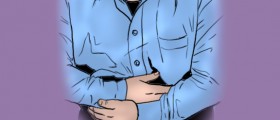
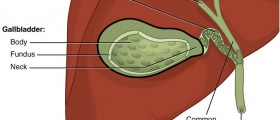
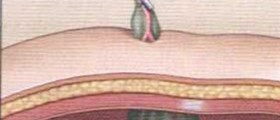

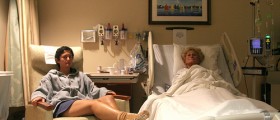
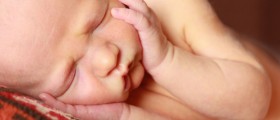

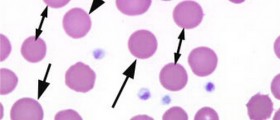


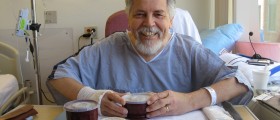
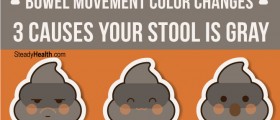

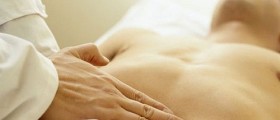
Your thoughts on this
Loading...